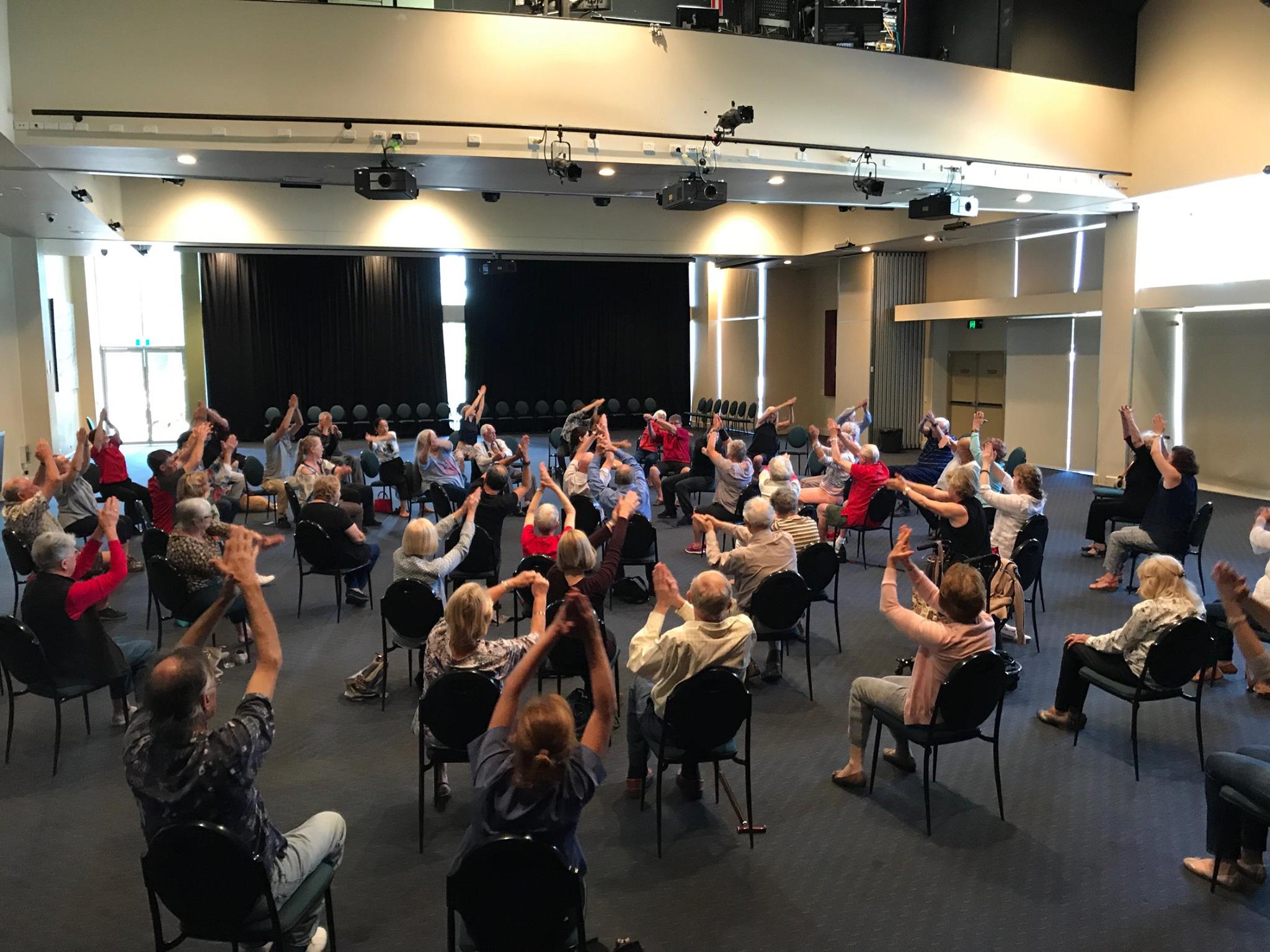Dance with Parkinson's
Research suggests dance can improve cognitive performance and reaction times, making it a useful treatment for a number of conditions, including arthritis, dementia, depression and Parkinson’s Disease (PD).
Professor Meg Morris

Professor Meg E. Morris is head of the School of Allied Health at La Trobe University, who shared with us the effects of dance for people living with Parkinson’s.
Professor Morris has observed that dance has shown an increased speed of movement, better timing of movements when a person synchronises to a rhythmical beat or when they perform a new dance step and less freezing of gait. We think this may be because the person uses other parts of the brain to control movement rather than the defective basal ganglia.
Music is also very enjoyable – it brings joy and can sometimes reduce feelings of fatigue or anxiety.
Dance for Parkinson’s Australia offers dance classes for people with Parkinson’s disease in ACT, Queensland, New South Wales, Western Australia, South Australia, Tasmania and Victoria. In their classes, participants are empowered to explore movement and music in ways that are refreshing, enjoyable, stimulating and creative.
Dancing provides a social environment for participants to interact with other community members, and to share a positive, stimulating activity together with their partners. Participants report that the classes boost their confidence levels, transform their attitudes about living with a chronic illness, and help them manage some of the symptoms associated with Parkinson’s disease.
There are also a variety of online resources available.
Queensland Ballet
In 2013, Queensland Ballet (QB) launched a pilot program offering specialised dance classes to people with PD, based on the internationally recognised Dance for PD® program.
This was the first study of its kind in Australia with the results concluding the QB Dance for Parkinson’s pilot program classes affected people living with Parkinson’s in multiple ways including valuable physical, emotional, social, and cognitive benefits.


